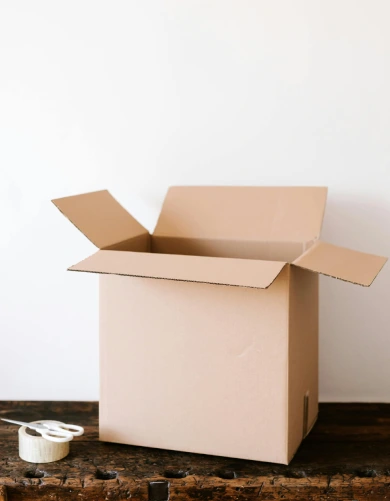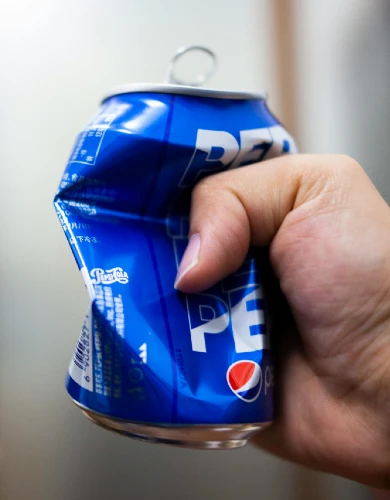Commercial food waste recycling obligations and services
Food waste regulations for businesses are gradually becoming stricter, with a new obligation for English businesses coming into effect on 1 April 2025, impacting thousands of organisations.
This article aims to clarify food waste recycling requirements for businesses, highlighting the best solutions to stay compliant.
Here’s what we cover:
- Commercial food waste collection requirements
- Commercial food waste hierarchy
- Commercial food waste disposal methods
- Commercial food waste management
Commercial food waste collection requirements
The four nations of the UK are introducing commercial waste regulations that require businesses generating food waste to arrange for a separate commercial food waste collection.
Here is a summary of the food waste collection requirements for businesses in each home nation:
England
Starting in April 2025, all businesses generating food waste will be required to arrange separate food waste collections.
There is an exemption for companies employing fewer than 10 people, who will have until April 2027 to comply with the legislation.
For more information, visit the DEFRA page on changes to waste collection requirements.
Scotland
All businesses producing over 5kg of food waste per week must segregate and arrange for a separate collection of food waste. There is an exemption for waste management for rural businesses.
For more information, visit our commercial waste Scotland page.
Wales
Since April 2024, Welsh businesses producing over 5kg of food waste each week must arrange for a separate commercial food waste collection and must not dispose of food waste within general business waste.
For more information, visit our commercial waste Wales page.
Northern Ireland
Since April 2017, all businesses, charities, and public sector organisations generating more than 5kg of food waste each week must separately store and arrange collection of that waste.
For more information, here is a summary of Northern Ireland’s food waste regulations.
Commercial food waste hierarchy
Business waste regulations in the UK require businesses generating food waste to follow the waste hierarchy.
The food waste hierarchy is summarised as follows:
- Prevent surplus and waste in your business. Take steps to minimise unnecessary food waste production through optimisation of business processes.
- Redistribute surplus food and drink. Donate food that is fit for human consumption to local food banks and other charities.
- Make animal feed from former food. Low-risk food waste can be used as animal feed, subject to local authority registration.
- Process surplus food to make biomaterials. A niche option where specific types of food waste can be converted directly into packaging materials, soaps, or leather. For instance, coffee shops convert spent coffee grounds into biofuel.
- Recycle. Use a commercial food waste collection service to take your food waste to an anaerobic digestion or composting facility.
- Recover energy from waste. A waste incineration facility can burn food waste to generate electricity, used by food waste collection providers in the absence of the facilities mentioned above.
- Dispose – send to landfill. Include food waste in your general business waste disposal. This waste will be sent to a landfill facility by your waste collection provider.
Source. DEFRA: Food and drink waste hierarchy
💡Visit our guide to restaurant waste management plans for details of how to implement this hierarchy.
Commercial food waste disposal methods
In this section, we will explain the three most common food waste disposal options available to businesses in the UK.
Distribution to charities
Supermarkets and other retailers can distribute food nearing its “best before” dates or food with imperfect packaging to local charities or redistribution organisations.
Local food banks are common in the UK and provide groceries to individuals and families in need.
Distributing to charities helps organisations enhance their community engagement while also avoiding commercial waste collection costs.
Anaerobic digestion
Commercial food waste providers typically offer collection services to transport food waste to a local anaerobic digestion facility.
Anaerobic digestion facilities are specialised plants that convert organic waste, including food waste and garden waste, into:
- Biogas: A mixture of methane and carbon dioxide used as a green business energy source for electricity, heat, or transport fuel.
- Digestate: A nutrient-rich material used as a bio-fertiliser in agriculture.
For more information, refer to our guide on anaerobic digestion facilities in the UK.
Composting
Composting is a sustainable method of managing food and organic waste, converting it into nutrient-rich soil or compost.
Composting can be carried out locally using compost heaps at schools, helping to educate students about sustainability.
Alternatively, waste collection providers can transport food waste to a dedicated industrial-scale composting facility.
For more information, refer to our guide on composting for businesses.
Commercial food waste management
Commercial waste firms supply a dedicated commercial waste bin for storing food waste between regular collections.
For most restaurants and small hotels, this is an excellent solution to keep food waste segregated from other waste types.
For businesses that generate larger volumes of food waste, here are some specialised solutions to help manage it:
- Dewatering systems: A dewatering system significantly reduces the volume and weight of food waste. Waste passes through a centrifuge, separating water that can be disposed of down the drain.
- Food waste compactors: Food waste compactors are self-cleaning machines that can significantly reduce the volume of food waste between collections. This is ideal for businesses where space is limited.

